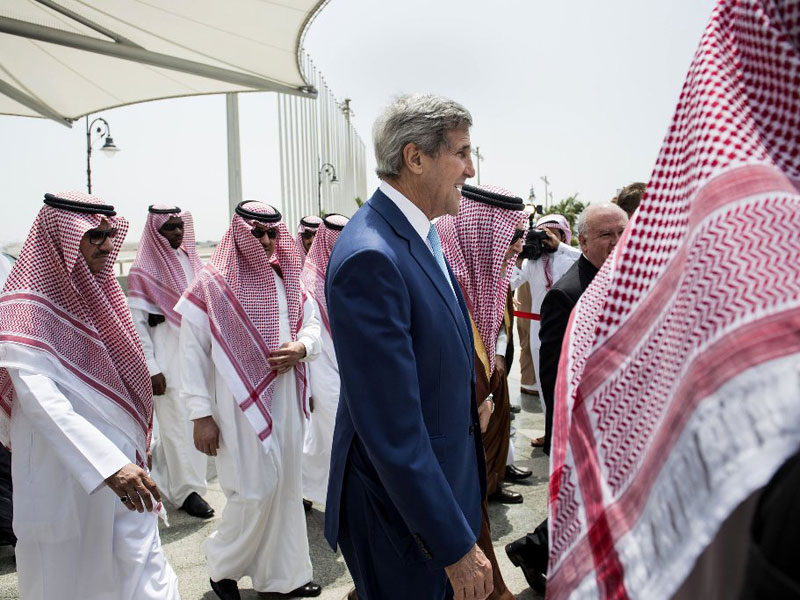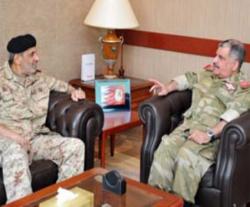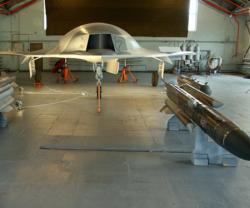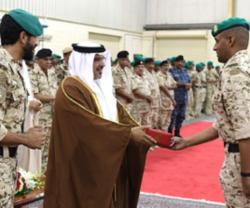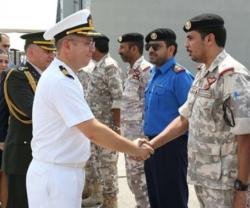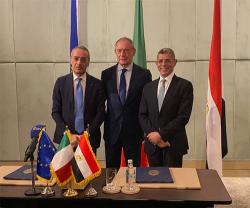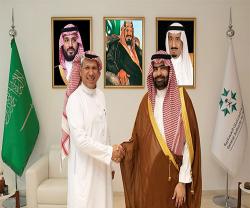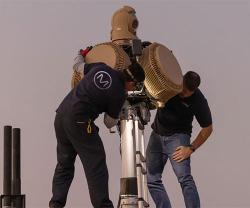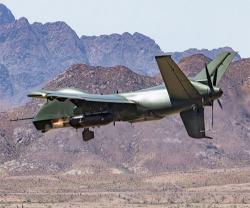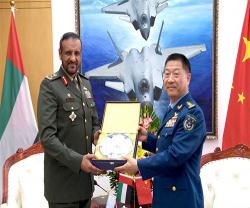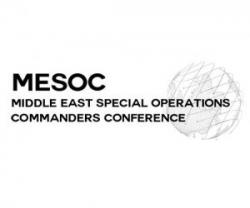The regional conference which began on Thursday brings together top Diplomats came from the United States, Iraq, Jordan, Egypt and Turkey as well as the six member states of the Persian Gulf Cooperation Council including Saudi Arabia, Bahrain, the United Arab Emirates, Qatar, Oman and Kuwait.
U.S. Secretary of State John Kerry held a series of meetings with his Arab counterparts in the Saudi city of Jeddah on Thursday to coordination military and other forms of action against the Islamic State of Iraq and Syria (ISIS).
A joint -Arab communiqué said the countries agreed, as appropriate, to join in “many aspects” of the military campaign against ISIS.
Bahrain, Egypt, Iraq, Jordan, Kuwait, Lebanon, Oman, Qatar, Saudi Arabia and the United Arab Emirates agreed to “do their share” in the fight against ISIS.
The 10 countries pledged to stop the flow of funds and fighters to ISIS and help rebuild affected communities.
The meetings came hours after President Barack Obama unveiled his strategy to counter the militant group, which has occupied swathes of land in Iraq and Syria.
In addition to “sustained” military airstrikes, the Obama administration is also looking to dry up the sources of funding for ISIS, especially donation money coming from individuals who are sympathetic with the group and who are based in neighboring wealthy Gulf states.
The United States also seeks Gulf cooperation, especially Saudi Arabia, in providing support and training to the moderate Syria opposition forces known as the Free Syrian Army (FSA).
Shortly after Obama’s speech, Kerry released a statement saying: “We are already well underway in the effort to assemble the coalition to get the job done. We are uniting the world against a unified threat, and the President's strategy will succeed because doing it with allies and partners isn't just smart, it's strong.”
But while a military campaign against ISIS in Iraq seems clear, how the Obama administration will tackle the militant group in Syria, without a green light from the United Nations, remains unclear. Russia has said that unilateral U.S. airstrikes on jihadists in Syria would be a crude violation of international law.
Meanwhile, Turkey will refuse to allow a U.S.-led coalition to attack jihadists in neighboring Iraq and Syria from its air bases, nor will it take part in combat operations against militants, a government official told AFP Thursday.
“Turkey will not be involved in any armed operation but will entirely concentrate on humanitarian operations,” the official said on condition of anonymity.
The decision echoes the country’s refusal to allow the U.S. to station 60,000 troops in Turkey in 2003 to invade Iraq from the north, which triggered a crisis between the two allies.
Source: AFP; Reuters; Al Arabiya
Photo: U.S. Secretary of State John Kerry in Jeddah, Saudi Arabia, on Thursday. (CreditPool photo by Brendan Smialowski)

